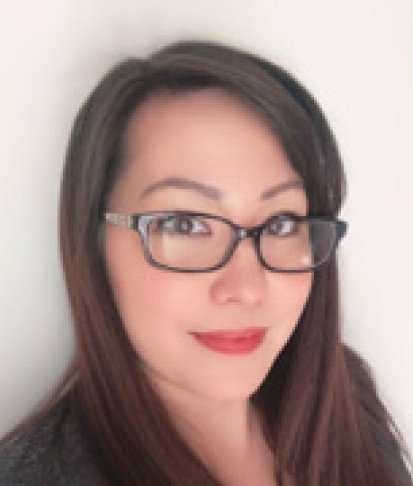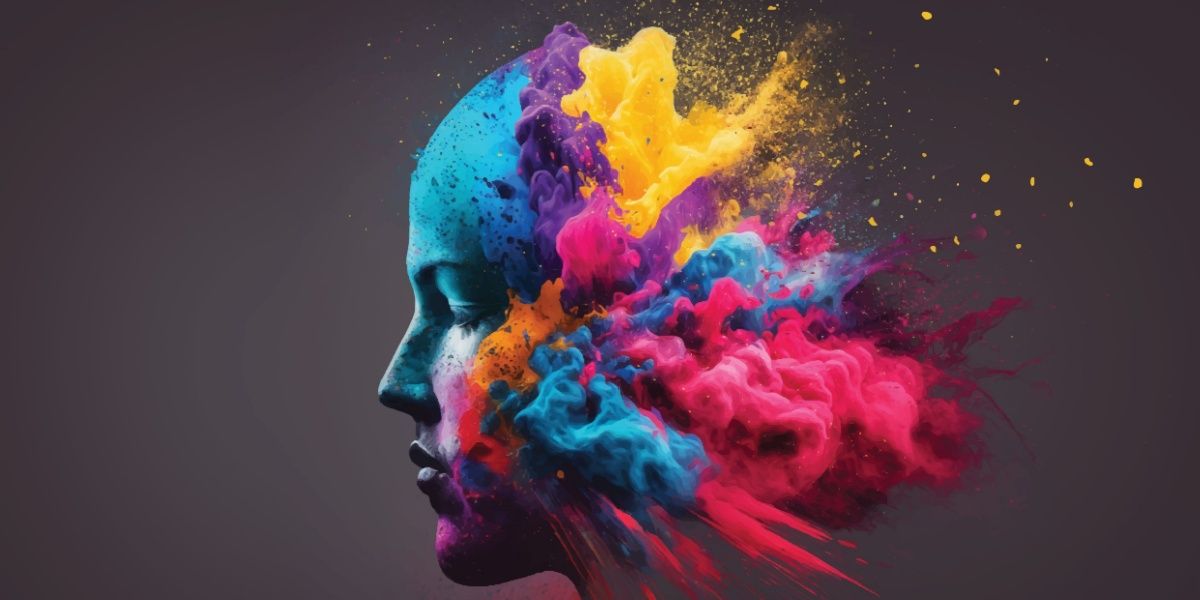When considering treatment for stimulant addiction, it is recommended to seek an evaluation of the level of substance use disorder from an addiction professional so the best type of support can be recommended.
- No one treatment is more effective than another, but people should always consider their individual needs when selecting a treatment program
- Generally, inpatient rehab includes individual and/or group and family counseling sessions, recovery skills groups, and meetings with a doctor or psychiatrist
- Outpatient programs may not be suitable for those with more severe addictions or who are in need of crisis intervention
Getting help for stimulant addicition
Like all addictions, the first step to overcoming them is to admit there is a problem. Once a user has identified that they have a substance use issue they can begin the road to recovery. There are many options for people looking for stimulant addiction treatment, whether it is for illicit or prescription stimulants, including medication, individual and group therapy, recovery groups, and even inpatient treatment at an addiction rehab center or residential treatment facility.
No one treatment is more effective than another, but people should always consider their individual needs when selecting a treatment program. Any treatment can greatly increase the chances of full recovery for people struggling with drug addiction.
When considering treatment for stimulant addiction, it is recommended to seek an evaluation of the level of substance use disorder from an addiction professional so the best type of support can be recommended. A licensed mental health or addiction counselor can diagnose stimulant use disorder, identify any co-occurring disorder, and also provide information about appropriate treatment options.
Treatment options for stimulant addiction
There are different options for treatment for people struggling with an addiction to stimulants such as cocaine or meth. People with more serious addictions may require inpatient or intensive outpatient care, while those with less severe addictions may benefit from outpatient care. Some inpatient and outpatient programs may offer medication in addition to group and individual addiction therapy.
Inpatient stimulant rehab
Inpatient treatment and rehab centers are one way to address addiction. They offer onsite group and individual treatment, medication, recovery skills training, and case management in a structured, supportive setting. Most inpatient rehab programs last between 30 and 90 days but may be longer or shorter depending on the person's needs. The facilities can provide patients with the skills and tools to maintain sobriety and recover fully from stimulant addictions such as Adderall.
There are a variety of different kinds of inpatient rehab, with some facilities offering specialized types of treatment. Generally, inpatient rehab includes individual and/or group and family counseling sessions, recovery skills groups, and meetings with a doctor or psychiatrist. In addition, some inpatient rehab programs may offer one or more of the following:
- Mental health counseling
- Equine therapy
- Art therapy
- Holistic treatment
- Cognitive-behavioral therapy
- Dialectical behavioral therapy
- Support groups
- 12-step or alternative programs
- Relapse prevention education
- Aftercare planning
Outpatient & Intensive Outpatient Treatment
Outpatient treatment is another treatment option that does not involve a residential stay. An outpatient stimulant addiction treatment program may offer group and/or individual counseling and skills groups for people in recovery.
Related: Inpatient vs. Outpatient Care
Traditional outpatient treatment may involve group or individual counseling once or twice per week, while intensive outpatient programs (IOP) often involve 3-5 group or individual counseling sessions per week. Many IOP programs also have mandatory drug screening protocols and will provide additional services like medication and case management to participants.
Outpatient programs may not be suitable for those with more severe addictions or who are in need of crisis intervention. For this reason, it is always advised that you speak to a medical/addiction professional before selecting which treatment option is right for you or your loved one.
Types of outpatient treatment for addiction
There are several different types of addiction treatment available at the outpatient level of care. Below are some of the more commonly offered outpatient addiction treatments.
Intensive Outpatient Addiction Treatment
This program normally involves group and individual addiction treatment provided several days per week in an on-site office or facility location. People in intensive outpatient programs often attend these groups for several months, learning skills to improve their ability to cope and establish their sobriety.
Outpatient Counseling
Outpatient counseling may involve meeting with a licensed counselor one or more times per week in an office setting. Depending on the type of counselor you choose, you may be able to attend individual sessions, group sessions, or sessions with a family member or partner.
Different counselors use different types of therapy. Some of the more common options for addiction include:
- Cognitive-behavioral therapy (CBT) is a type of therapy that helps people change their thinking patterns and behavioral responses
- Motivational interviewing (MI) is a type of coaching that helps to enhance motivation for sobriety and hold people accountable for making positive life changes
- Contingency management is a therapy protocol that rewards people in recovery for clean drug screens, often in the form of financial compensation.
Types of addiction care professionals
Many health professionals can play a role in treatment. Below is a list of providers and the type of care they may offer.
Primary Care Provider
Credentials - M.D., D.O. (Doctor of Osteopathic Medicine), additionally you may see a Nurse Practitioner or Physician’s Assistant
Treatment type - Medications, brief behavioral treatment, referral to a specialist
Psychiatrist
Credentials - M.D., D.O.
Treatment type - Can prescribe psychiatric medications
Psychologist
Credentials - Ph.D., Psy.D., M.A.
Treatment type - Can provide counseling, diagnosis, and testing
Social Worker
Credentials - M.S.W. (Master of Social Work), L.C.S.W. (Licensed Clinical Social Worker)
Treatment type - Can provide individual or group treatment or case management
Drug Counselor
Credentials - Varies, but some examples include MAC (Master Addiction Counselor) or LCAS (Licensed Clinical Addiction Specialist)
Treatment type - Can provide a combination of individual and group treatment
Qualified Professional or Peer Support Worker
Credentials - May have an associate degrees or bachelors degree in a human service field, along with a certain number of years of professional experience (AP or QP credential), or may have completed a certification program to be a peer support worker
Treatment type - Can provide individual or group support to people in recovery, and may work under the supervision of a licensed professional
Additional forms of addiction treatment and support
In addition to these popular methods of combating addiction, there is a range of therapies and treatment programs that can help people in recovery.[6]
Therapeutic communities & sober living environments
Therapeutic communities and sober living programs are long-term treatment programs that often include housing options for people in recovery. In these environments, residents are encouraged to make positive changes in their lives and are held accountable to certain community rules.
Support groups
Support groups are another option for people in recovery and involve peer-led meetings for people recovering from an addiction. Examples include Narcotics Anonymous (NA), Alcoholics Anonymous (AA), and SMART Recovery. These programs help people rebuild a supportive community of other people who are clean and sober.
Teletherapy and online counseling
Online and telephone forms of counseling have become increasingly popular, especially in the wake of COVID. While not applicable for everyone, online counseling offers a flexible option to access professional help to cope with stimulant use disorder from the comfort of home.
Contact a treatment center today
Thousands of Americans are struggling with stimulant addiction and only a handful of those get the help they need to quit. Those who do get help from dedicated treatment centers and rehab are able to face the hardships of withdrawal and detox in a safe location, as well as being given the tools to cope with long-term recovery.
If you or someone you know is struggling with a stimulant addiction then contact a treatment center today to get the advice you need to take the next step.



